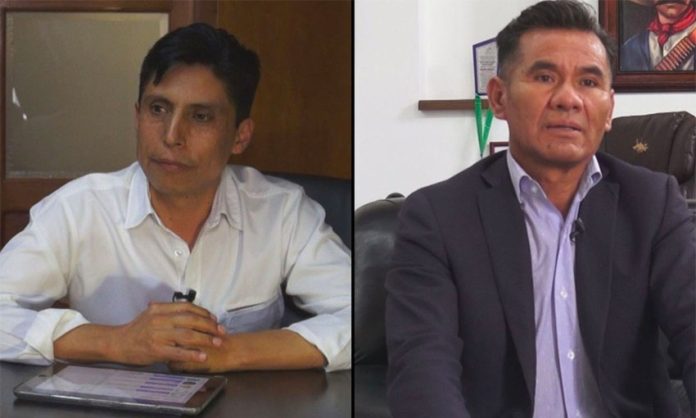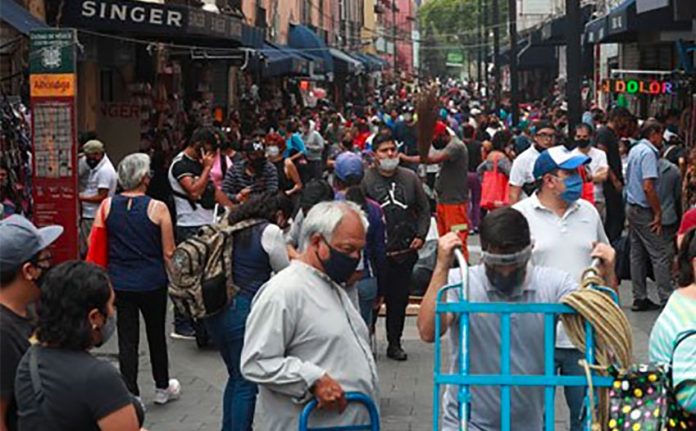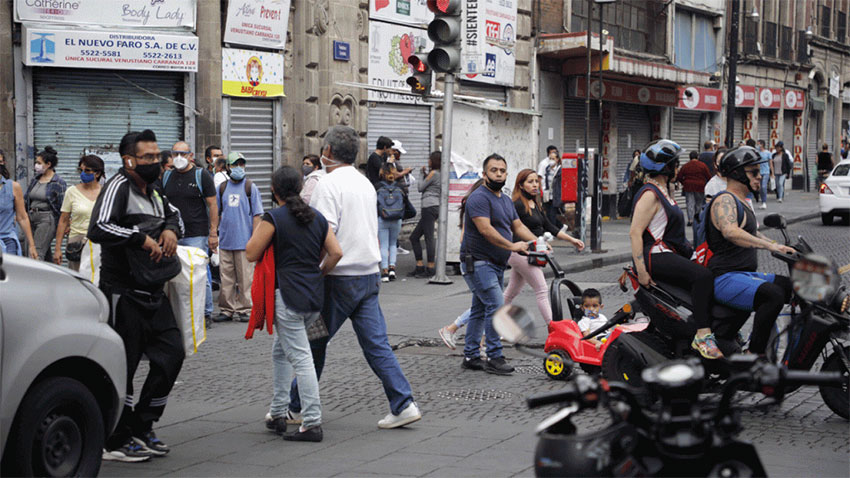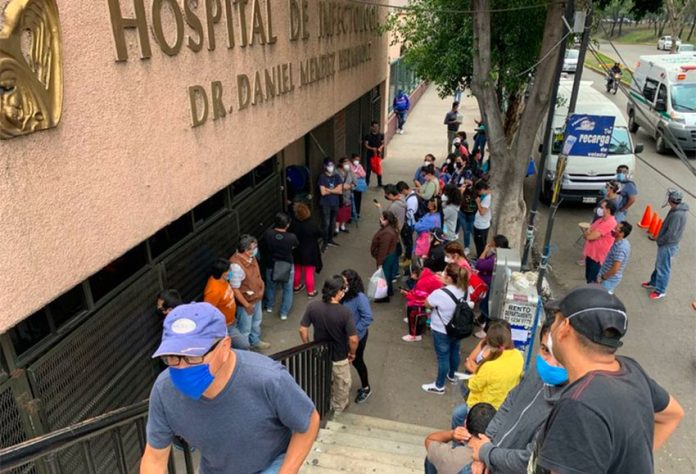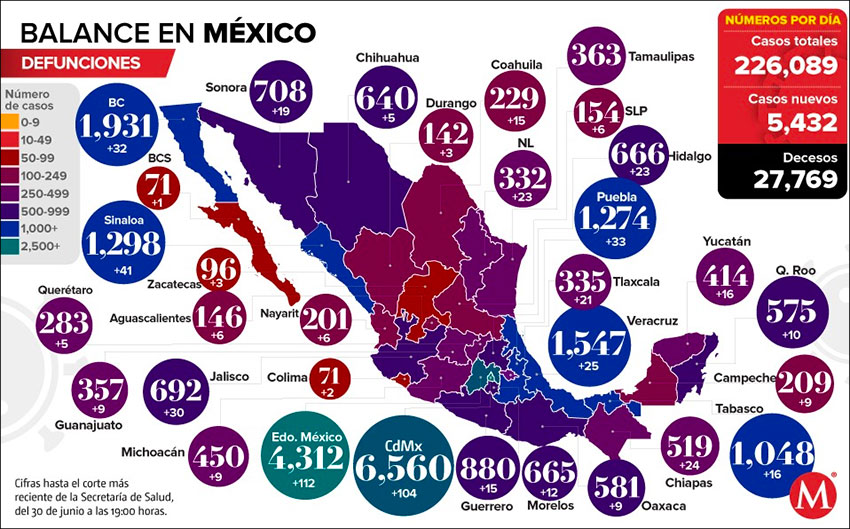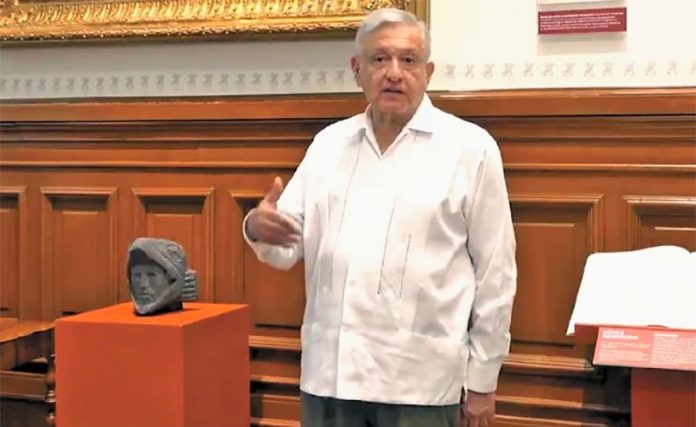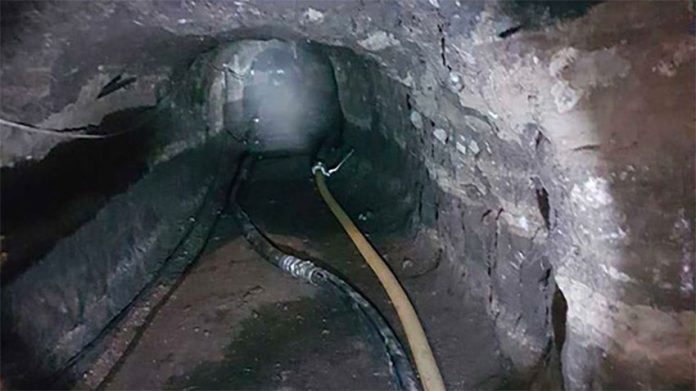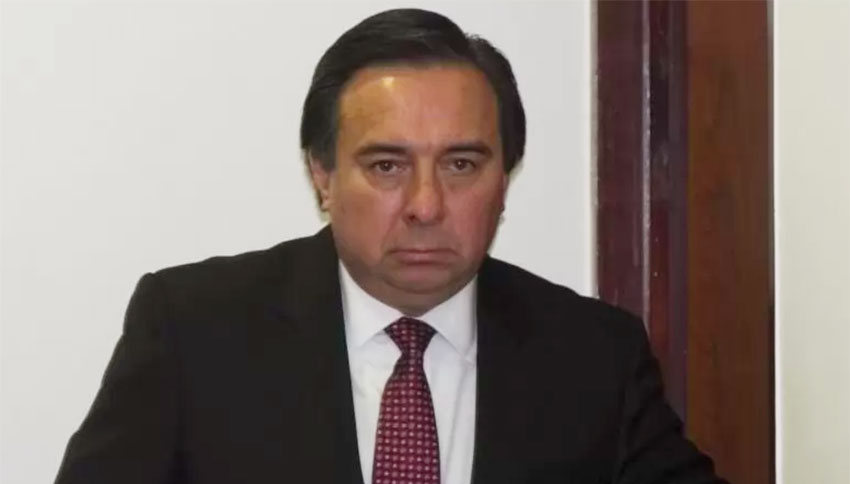The mayors of Ixmiquilpan and Zimapán, Hidalgo, have asked state Governor Omar Fayad Meneses to clear their names after he linked them to organized crime, including drug trafficking and fuel theft, on June 18.
“This is slander. Politics is a very complicated environment and there must be a collaborator who does not like me, not everyone does, and someone may have passed a tip on to the governor,” said Pascual Charrez Pedraza, mayor of Ixmiquilpan, a municipality located 117 kilometers north of Mexico City.
Charrez said he asked the state government to carry out a thorough investigation into the charges so that the governor can retract his statement and issue an apology.
Fayad’s remarks were made during President López Obrador’s recent tour of Hidalgo, when Fayad presented the president with the names and photos of 17 men he said were members of the criminal organization Los Hades, a fuel theft ring. Charrez’s name and photo were among those shown to the press and the president.
Charrez does not deny that stolen fuel is sold in the municipality he governs, but that’s nor where the thefts occur. “There are no pipelines here. It is brought in from other places,” he said.
The town does have a bit of a reputation, Charrez admits. In 2017, residents prevented federal police from entering the town when they blockaded a highway in protest against high gasoline prices. A warehouse where stolen fuel was stored exploded in November 2018 and in January 2019, 11 members of a fuel and car theft gang were arrested.
In Zimapán, Mayor Erick Marte has also asked for a detailed investigation into Fayad’s allegations of his connection to fuel theft and providing protection to the Los Hades gang.
“If they want to check my bank account, my house or my business they will see what I do has nothing to do with what they are claiming. They’ve got the wrong person,” Marte said, adding that there are political motives behind the accusations.
“They mention me as a candidate, that I want to be governor and I’m not saying I don’t want to,” said the mayor.
“I don’t even have bodyguards; people know me, they know what I do, we are the only municipality with a peace program dedicated to fighting and preventing drugs.”
Governor Fayad has not publicly commented on the mayors’ request for a retraction and apology.
Source: Milenio (sp)
